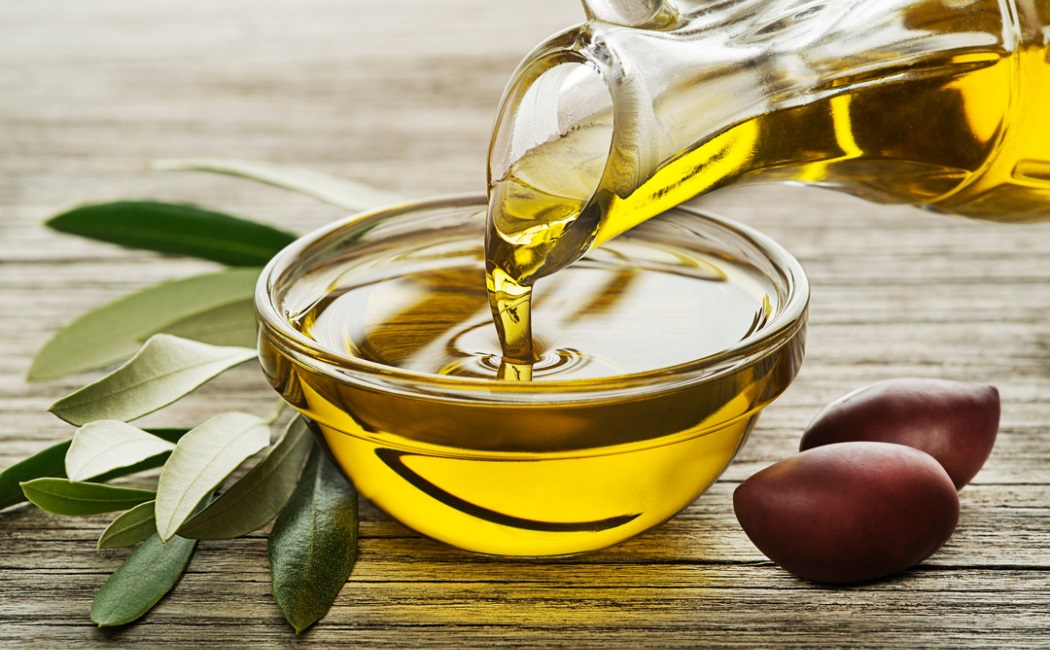
KAUST Scientists Unmask Olive Oil Fraud
01 October, 2024
This year, the European Union reported a record high for olive oil fraud and mislabeling. Such adulteration jeopardizes the olive oil industry, as it creates doubt in consumers who can no longer be sure of the quality of their purchase. To solve this problem, the Saudi Food and Drug Authority (SFDA) and the King Abdullah University of Science and Technology (KAUST) have teamed up to create a new method that can identify and quantify the adulterants in olive oil. The method, which can be read in Food Control, is based on nuclear magnetic resonance (NMR), offers assurance that olive oil at the supermarket is indeed what the label claims.p>
The global olive oil market was estimated to be worth over $14 billion last year, a value that is expected to exceed $20 billion in 10 years. As one of the largest importers of olive oil in the world, Saudi Arabia is a major consumer. However, there are growing concerns that extra virgin and virgin olive oils are being adulterated with other vegetable oils. This allows producers to sell inferior products at lower prices while misleading consumers into believing they are purchasing high-quality olive oil.